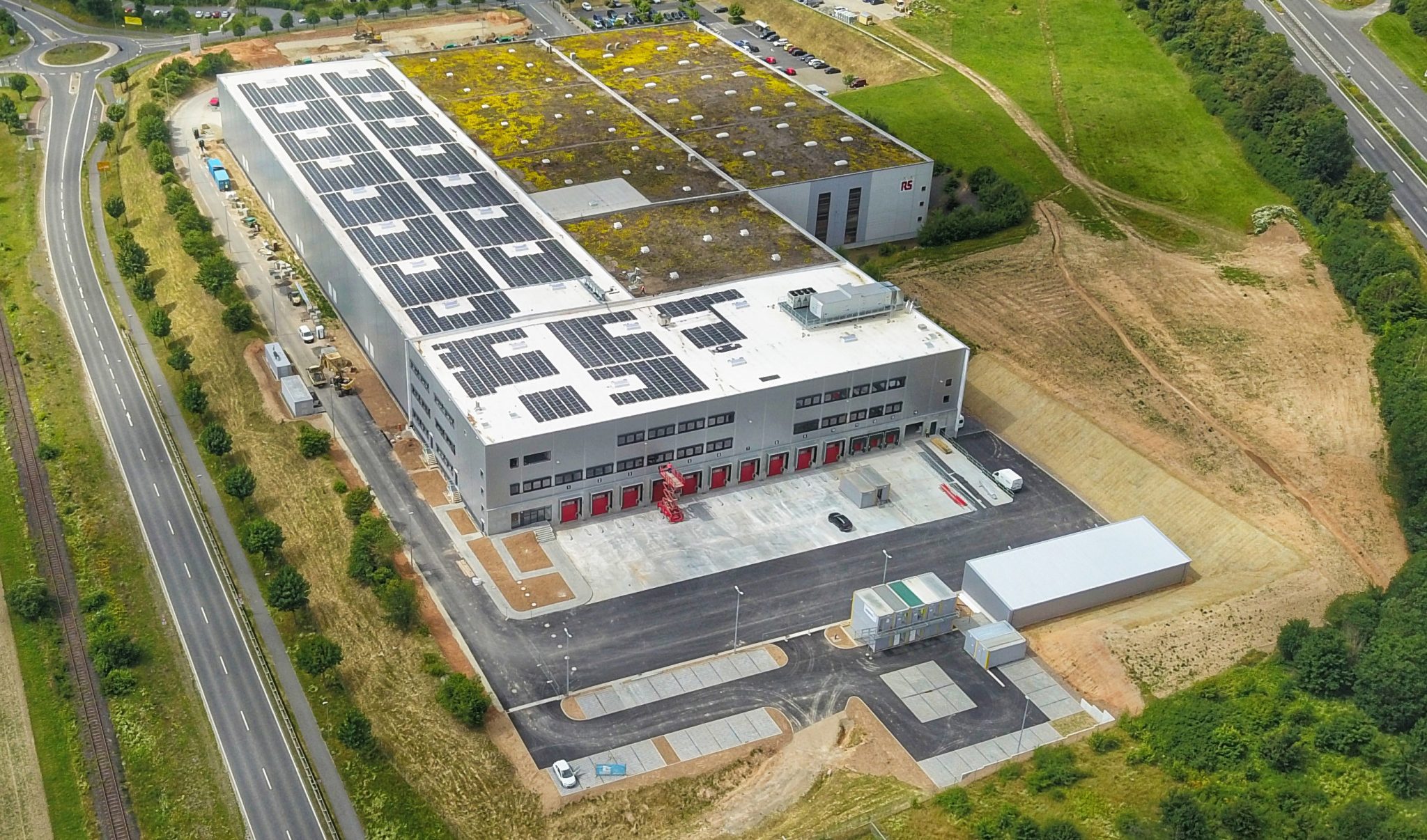This year once again, the Hamburg-based company STILL is taking on social responsibility in the city and supporting the equal participation of Hamburg’s children and young people in education, culture and social interaction.
The company has donated €5,000 each to the local projects Mittagskinder Foundation (pictured), Kultur Palast Hamburg Foundation and the Wilhelmsburg Production School, and has also given around 1,500 chocolate Advent calendars to the three institutions as well as the Hamburger Tafel and the Arche in Hamburg-Billstedt.
Equal opportunities, rights, integration, education and a warm meal at least once a day – unfortunately, for many children and young people in Hamburg this is not a matter of course. Therefore, the commitment of social projects that work to give all children and young people a fair chance to have these things is all the more valuable.
“The past year was challenging on many levels. This is particularly true for young people,” explains Frank Müller, brand manager at the Hamburg-based intralogistics company STILL.” That is why it is particularly important to us this year to show them that we care about them and that we stand up for them and their future.”
And so he took the opportunity to visit all three projects in person and present them with the STILL donation cheque for €5,000.
STILL has been supporting the Mittagskinder Foundation and the Kultur Palast Hamburg Foundation for many years. Since last year, there has also been a cooperation with the Wilhelmsburg Production School.
At the Mittagskinder Foundation, around 200 Hamburg children regularly receive a healthy lunch, the shelter of a community, educational support and assistance with their homework. Since the beginning of the pandemic, many families have also been supported with shopping vouchers.
The Kultur Palast Hamburg Foundation has been bringing children and young people of different nations together in music and dance projects for 40 years, promoting cultural understanding and integration.
The Wilhelmsburg Production School is particularly committed to equal access to education. Here, young people are trained and qualified for the transition to the labour market after leaving school. To this end, the project offers product-oriented learning, among other things, in the five vocational fields of metal, wood, catering, retail and hairdressing.
“Thanks to STILL’s support, we have been able to expand the opportunities for digital learning at our facility,” reports Sabine Haugg, managing director BI Beruf und Integration Elbinseln gGmbH. “We are very happy about this, because being able to work confidently with digital media and tools opens up further opportunities for the pupils on the labour market.”
In addition to its ongoing support for the future, STILL is particularly keen to make children’s eyes shine in the days before Christmas. For this, the company donated around 1,500 chocolate Advent calendars to the Mittagskinder Foundation, the Kultur Palast Billstedt Foundation, the Wilhelmsburg Production School, the Arche Hamburg and the Tafel Hamburg. The sweet surprises for the Christmas season were distributed just in time for 1st December.
“We have around 100 children and young people who are looking forward to Christmas full of excitement. It is wonderful that STILL makes the waiting a little sweeter,” Annalisa Hesse, director of the Arche in Billstedt, is pleased to say. “Thank you very much for your support.”
“I can still remember the great joy and excitement of opening a little door every morning in the days before Christmas,” says Müller. “If we can do our small part to make this delight possible for children, we are happy to do so from the bottom of our hearts.”











